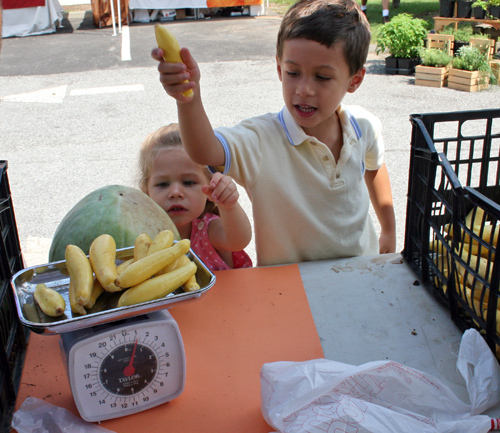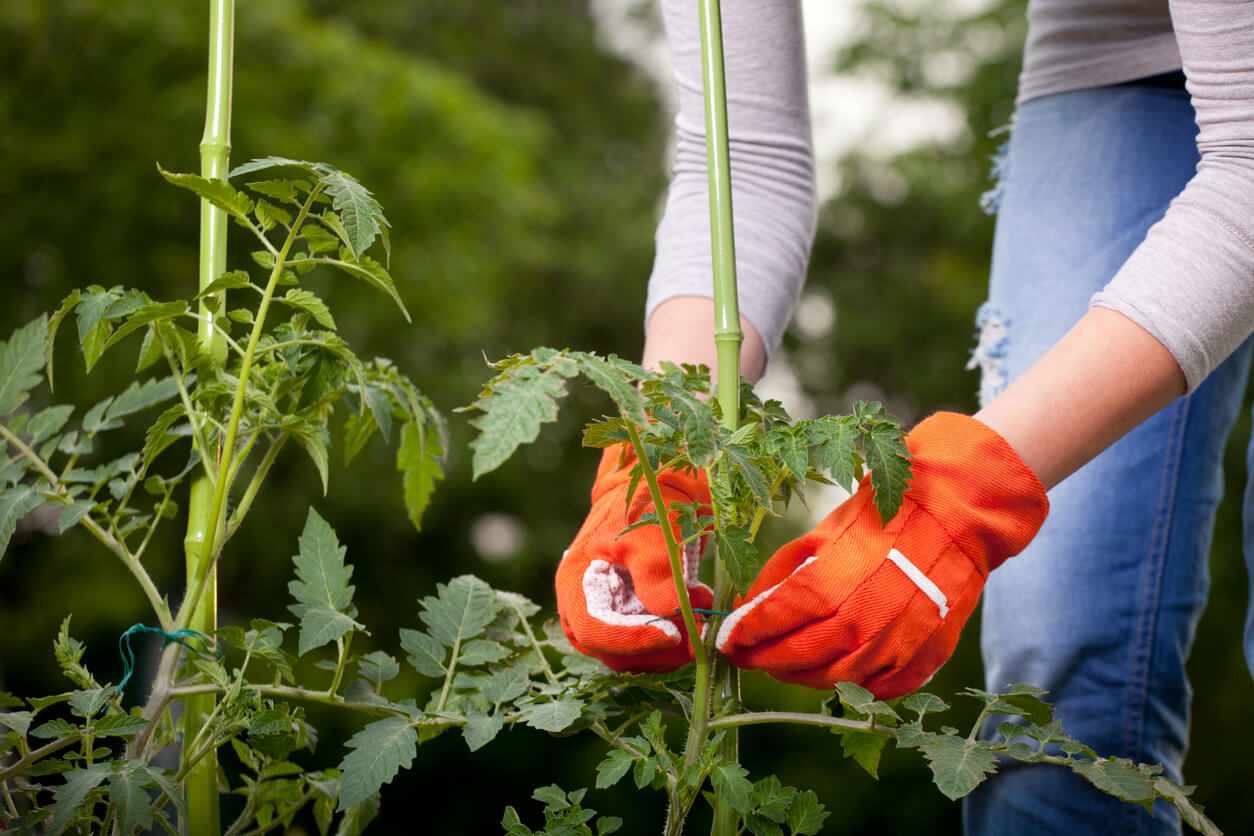Planting and harvesting from a vegetable garden defines spring and summer for many people. But for some, living in an apartment or a house without a suitable yard prevents them from gardening. And others don’t have the time or patience needed to maintain a garden.
Thanks to a growing emphasis on local food in many towns across Georgia, people without gardens can now more easily find fresh food.
“There are several options for consumers looking for fresh vegetables,” said University of Georgia Cooperative Extension agent Amanda Tedrow. “Farmers markets and community supported agriculture (CSA) provide alternatives to your local chain grocery store.”
A farmers market typically consists of individual vendors who set up a stand and sell their produce, meat, eggs, dairy, bread and other foods or crafts and art alongside other vendors. Some markets, typically the larger ones, are open daily, while smaller ones are open weekly or seasonally.
“With a farmers market, you are in touch with the producer and know the farmer,” said Tedrow, who works with both the farmers market and CSAs in Athens-Clarke County. “They provide communities with a place to come together and enjoy fresh produce and other items. Often the markets also provide cooking demonstrations or educational events.”
Community supported agriculture is another way to get fresh vegetables – by the boxful. A CSA typically consists of a group of individuals who support a farm, which creates a partnership between the consumers and the farmers. The concept for CSAs began in Japan and Europe before being introduced to the U.S. in 1986.
“With a CSA, you pay the farmer a membership fee at the beginning of the year, and then he or she can invest accordingly in what they need,” said Tedrow. “CSAs help foster a connection between the consumer and his food. Often, you can actually visit the farm and see firsthand where your money is going.”
Typically, members of the CSA pick up a box of produce from the farm or at a drop-off location each week.
“Some CSAs provide flexibility with what you are receiving and give you what you want in terms of food, while others provide the same items to each person, regardless of your preferences,” said Tedrow. “So if you happen to not like peppers and you receive peppers, then you either find a neighbor who likes them or look up recipes that make peppers more appealing to you.
“Although picky people might not get to choose what they get in their basket or box, I have heard from many people that they have expanded their palates because of the different vegetables they receive.”
No typical client or customer exists for a farmers market or CSA, but Tedrow notes that those who participate in or shop at these organizations are people who are more aware of what they are eating.
“The produce you get from these types of places is very fresh,” Tedrow said. “The items are probably harvested 24 hours before they reach your hands. Many of the vegetables you can get from a farmers market or a CSA are vegetables that you cannot find at a typical grocery store, as well.”
The fruit and vegetables might not come from a backyard garden, but only traveling a few miles is still pretty fresh.
“Some heirloom varieties of vegetables don’t necessary travel well over long periods of time, which is what it would take to go from a far away farm to your local grocery store,” Tedrow said. “But these varieties can travel the 20 miles it takes to go from the farm to your local farmer’s market.”










